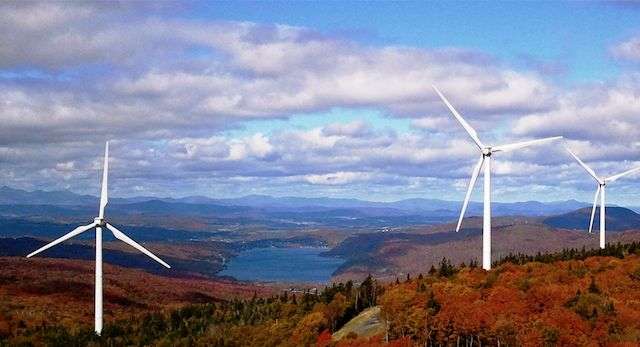How To Serve The World By Turning Your Boredom Upside Down
Boredom isn't any fun and it certainly isn't conducive to improving your situation in life. Here's how to turn your monotony into a smile.

I want to discuss the real impact Good News can have on our lives, and then follow up with some recent developments in Renewable Energy that illustrate the measurable progress we've made and continue to make toward a better world.
People often think of Good News as a rare extravagance, or even worse, they consider it less relevant to us than the problems of the day, a kind-of nice-to-have. I'd like to suggest that it's more than that: Good News isn't just something to make us feel better, but a means to shaping our future.
SHAPE YOUR MINDSET: GET OUR NEW GOOD NEWS APP—> Download FREE for Android and iOS
That admittedly is a lofty claim, but it has a logical basis. These days, big changes are happening in our world–globalization, cultural and social issues, new technologies, and all the resulting environmental impacts.
People struggle with change, especially when they have a stake in it, and yet it's exactly when we have a stake in it that our response matters most.
But world-changing ideas and great courage have historically appeared when opportunity has called for them.
Can we really just decide to have more breakthroughs without the impetus of impending crisis? There had better be a way or we're in for an even more dramatic future.
A Taoist saying advises, "Do the great while it is still small." After all, it's not efficient to respond only after an emergency has set in. That makes for heroes, but also for a great deal of loss. Still, what is meant by "the great" if not the issues of the day, and how can anyone say they are "still small"?
To put all this theory into practice: let's talk about some recent efforts to shift toward renewable energy.
For starters, the facts now show that renewable energy is both economical and effective. You often hear that renewable energy doesn't scale, either economically or demand-wise – but the reverse is true:
Some statistics in the UK help to set the record straight:
(SEE more statistics in the article at Conservation Biology Institute)
Be the first to comment